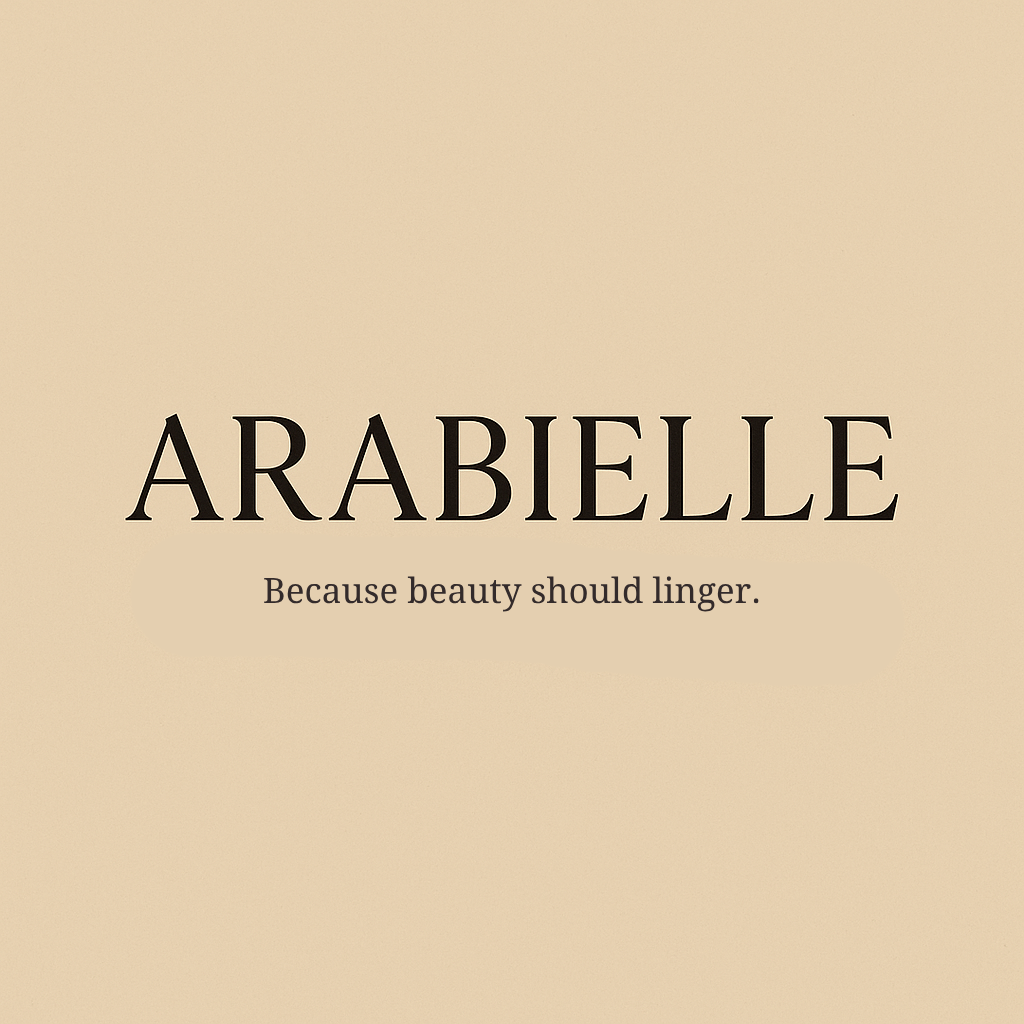Blurred Lines: The Myth of the Perfect Match: Ep5 – When the Experiment Becomes the Reality
The funny thing about intentionally walking into a minefield is that you start to forget what solid ground feels like. Our experiment in dating others was supposed to be illuminating, a way to test the waters of “normal” connection. Instead, each disastrous date felt like another small explosion, propelling Theo and me further into the strange, isolated landscape of our Sundays, a place where unfiltered honesty was the only currency, and the air was getting dangerously thin, the blurred lines of our initial agreement becoming the map of this new territory.
The Dating Charade Continues
Another week, another series of dates that felt more like anthropological studies than genuine attempts at romance. I met a graphic designer named Mark who had an impressive portfolio and an even more impressive ability to talk about himself for two hours straight. I found myself mentally cataloging his conversational narcissism, already composing the summary I’d deliver to Theo.
The vulnerable truths I shared with Theo on Sundays had become my baseline, and Mark’s polished monologue felt like a badly rehearsed play. He was nice enough, I suppose, if “nice enough” meant he didn’t actively insult me. But the entire evening, I was hyper-aware of the performance – his, and the ghost of my old one, which I could no longer comfortably inhabit.
Theo’s report was similarly bleak. He’d met an architect, Amelia, who was, by all accounts, intelligent and engaging. “She asked all the right questions,” he recounted, swirling the coffee in his chipped mug when we met. “But I felt like I was interviewing for a position I didn’t want. Every time I tried to steer us away from the ‘résumé exchange,’ she looked… puzzled.” He confessed that the effort of maintaining surface-level conversation was more exhausting than any of our intense Sunday dissections.
The hidden desires we both harbored – for something deeper, something more resonant – were making the ordinary dating world feel like a barren wasteland, further highlighting the blurred lines of what we were seeking and where we were finding glimpses of it.
Our Sunday Addiction
The truth was, our Sunday meetings had become the axis around which my week revolved. The anticipation wasn’t just about sharing data from our respective dating “fieldwork”; it was about the relief of being able to shed the pretense, to speak without translating, to be met with that unwavering, analytical, yet increasingly familiar gaze from Theo. It was an emotional addiction, this craving for our shared space of radical honesty. The coffee shop, with its background hum of other lives, transformed into our sanctuary, a confessional where the rules of the outside world didn’t apply.
“It’s the only place I don’t feel like I’m failing a test I didn’t study for,” I admitted one Sunday, after recounting a particularly awkward date where I’d accidentally asked the man what his greatest regret was, only to be met with stunned silence and a hasty change of subject.
Theo had nodded, a small, almost imperceptible smile playing on his lips. “Perhaps we’ve simply developed an allergy to small talk.”
“Or maybe,” I’d mused, the thought forming as I spoke it, “we’re just becoming increasingly accustomed to a very specific kind of intensity.” An intensity only we seemed to provide for each other, deepening the blurred lines between our ‘experiment’ and something else entirely.
The Rules Begin to Fray
The problem with creating a game based on avoiding romantic feelings is that the very act of sharing such profound vulnerable truths becomes a breeding ground for intimacy. The blurred lines between “experiment” and something far more complicated were becoming impossible to ignore.
One Sunday, Theo was describing a woman he’d met for a walk in the park – “She actually quoted Rilke, Claire, I almost fell over” – and I felt a distinct, uncomfortable pang. It wasn’t jealousy, not exactly. It was… a disturbance. A sense that the data point was somehow too vivid, too real. I found myself asking, “And did you… like her?” The question hung in the air, more personal than our usual analytical queries.
He’d paused, his gaze sharpening on me. “She was interesting. But the entire time, I found myself wondering how you would have interpreted the way she kept looking at the dogs instead of the river when she talked about loss.”
His deflection was masterful, but the underlying current was there. We were no longer just observing others; we were observing each other, through the lens of these shared experiences, and what we were seeing was becoming dangerously compelling.
The checklist we’d made for each other in that first blush of the game felt like a distant memory, yet elements of it were echoing in our current dynamic with an unsettling accuracy. He was challenging me, and I was noticing when he performed, and the realization that he fit parts of a list I hadn’t consciously made for him was terrifying.
The Question We Can’t Afford to Ask
Last Sunday, after a particularly candid session where we’d both admitted to feeling more isolated than ever despite – or perhaps because of – our dating efforts, a heavy silence settled between us. The unspoken was a living thing in the small space of our table.
“Theo,” I began, the words tentative, “this experiment… its stated goal was to help us connect with other people authentically.” He looked at me, his expression unreadable. “And has it?”
I thought of the hollow dates, the forced conversations, the profound relief of these Sunday debriefs. “I think,” I said slowly, “it’s done the opposite. I think it’s shown me how rare genuine connection is, and how… specific the conditions need to be for me to feel it.”
“Specific to what?” he pressed, his voice quiet.
The answer was there, hanging right in front of me, terrifying and undeniable. Specific to this. To you. But I couldn’t say it. The rules, the stakes, the fear of being the “loser” – though what “losing” even meant anymore was becoming increasingly unclear, lost in the blurred lines of our evolving connection.
“I don’t know,” I lied, breaking eye contact, the first deliberate dishonesty in weeks within our sanctuary. It felt like a betrayal. The air crackled with the unspoken.
He didn’t call me on it. He just nodded, a shadow of disappointment, or perhaps understanding, in his eyes. “Well,” he said, his voice carefully neutral, “more experiments, then.”
As I walked away from the coffee shop that day, the weight of that unspoken truth, that shared, hidden desire for something neither of us dared to name, felt heavier than ever. The experiment wasn’t just becoming reality; it was becoming our reality, where the once-clear rules were now just blurred lines in the sand, a reality that was both a sanctuary and a cage. And the question that throbbed beneath the surface was no longer if the line between research and relationship had disappeared, but what we would do now that these blurred lines defined our every interaction.
To be continued in “The Myth of the Perfect Match: Ep6 – The Accidental Confession” – where an unexpected event pushes the boundaries of their carefully constructed game, and a truth slips out that neither can ignore, forcing them to confront the reality of what they’ve built and what it might cost them.
See also: “The Myth of the Perfect Match: Ep4 – The Game We Didn’t Know We Were Playing” For insights into navigating complex emotional connections, read “When Honesty Hurts: The Paradox of Radical Truth in Relationships.”
understand why men think “Women in Love: Why Women are Expected to Love First”


Leave a Reply